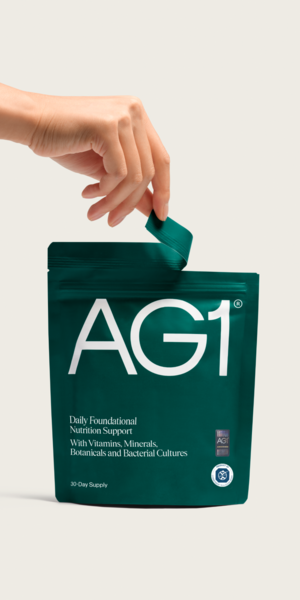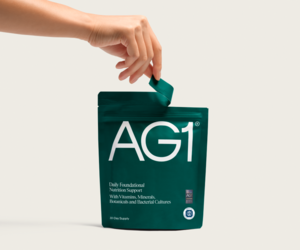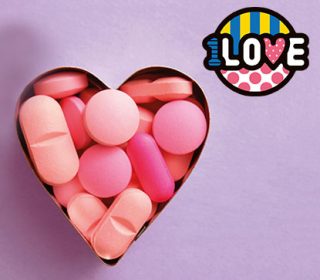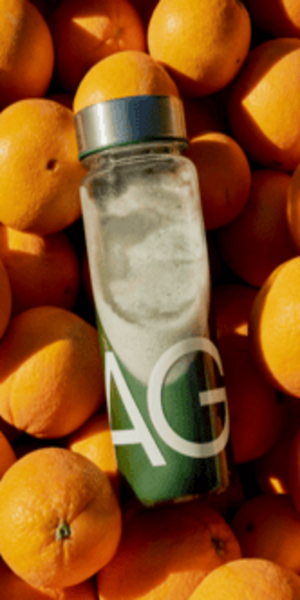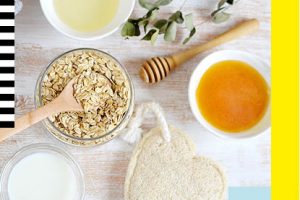The scary science behind sagging skin

Without collagen, our skin would resemble the texture of an old leather sofa. This fibrous protein is a key component of the dermis – it binds cells together and gives skin its structure, smoothness and elasticity. ‘From as early as our mid-20s, collagen production starts to naturally decline at a rate of around 1% a year, and this is the main culprit behind fine lines, wrinkles, dullness and sagging skin,’ explains consultant plastic surgeon and skin care expert Dr Paul Banwell.
‘Women tend to be worse hit, since collagen degeneration escalates rapidly in the first five years after the menopause,’ he says. ‘Males, however, have a higher collagen density, so the enzymes that break it down, take longer to work.’ While, there’s very little we can do about this, factors like sun exposure, smoking and sugary foods can accelerate loss. The good news is that there are natural ways to ramp up youth-boosting collagen in the body…
EAT YOUR WAY TO PLUMP, SUPPLE SKIN
Certain foods help to restore, regenerate and repair damaged collagen. ‘Eat vitamin C-rich spinach, kale and oranges on a daily basis,’ advises nutritionist Dr Marilyn Glenville. ‘Vitamin C can help convert amino acids such as lysine and proline into collagen. It is also high in antioxidants, which neutralise collagen-attacking free radicals.’ Adding protein-rich eggs to your diet could also support your body’s natural production of collagen.
‘Egg whites contain amino acids and collagen, while the yolk has a high content of omega-3 fatty acids, which help to lubricate the skin,’ she adds. Results may be noticed in as little as two to four weeks – the amount of time our skin takes to regenerate. ‘Just avoid sugary foods, as they create a process called glycation, which contributes to collagen breakdown,’ Dr Glenville warns.
GET BETTER SKIN FROM WITHIN
Studies have shown that drinking specific hydrolysed collagen peptides can directly benefit the skin. ‘Over-the-counter anti-ageing creams can only penetrate so far. However, due to their fast-absorbing formulas, some ingestible skincare can deliver vital ingredients and get to work directly in the dermis to manipulate collagen production,’ says Dr Banwell.
Skinade (£99 for a 30-day supply, Skinade) is designed to be drunk once a day. The organic, sugar- and gluten-free fruity-flavoured drink is made from a cocktail of essential micronutrients, vitamins and high-grade marine collagen sourced from freshwater fish, which is abundant in type 1 and 3 collagen – the same as that found in human skin. The drink is said to deliver collagen into the bloodstream and send a signal to the fibroblasts – the skin’s collagen-producing factories – to produce more of its own.
GIVE COLLAGEN A PROFESSIONAL KICK-START
Collagen growth can also be prompted with the help of professional treatments. Skin doctors are raving about the collagen-boosting powers of Ultherapy (from £700, Ultherapy) – an hour-long, non-invasive treatment that uses ultrasound energy to tighten lax skin. Focused ultrasound rays bypass the upper layers of the skin to stimulate the formation of fresh collagen. Skin is left immediately plumper and smoother.
Read more: 5 products to help you look younger (if you want to)
3 STEPS TO BETTER SKIN
1. Cool the heat:
Hot water dries out the skin, and causes redness and the breakdown of collagen – so lower the temperature of your shower or bath.
2. Shun the sun:
Sunlight is essential for healthy bones (vitamin D), but protect your skin from sun damage by wearing an SPF, even on cloudy days.
3. Five-a-day:
Eat plenty of fruit and veg as they contain antioxidants that help to protect skin from cellular damage caused by free radicals, which are smoking, pollution and sunlight.



